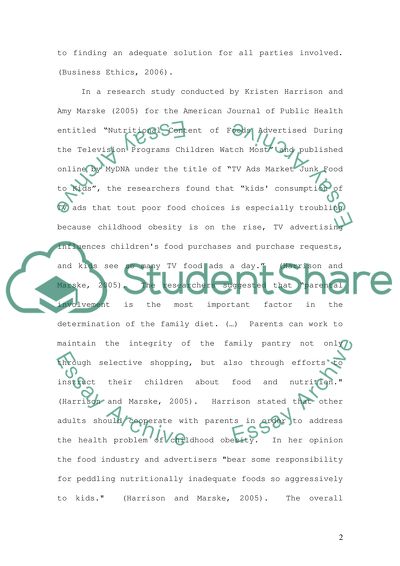Cite this document
(“Marketing ethics Essay Example | Topics and Well Written Essays - 2000 words”, n.d.)
Retrieved from https://studentshare.org/miscellaneous/1508910-marketing-ethics
Retrieved from https://studentshare.org/miscellaneous/1508910-marketing-ethics
(Marketing Ethics Essay Example | Topics and Well Written Essays - 2000 Words)
https://studentshare.org/miscellaneous/1508910-marketing-ethics.
https://studentshare.org/miscellaneous/1508910-marketing-ethics.
“Marketing Ethics Essay Example | Topics and Well Written Essays - 2000 Words”, n.d. https://studentshare.org/miscellaneous/1508910-marketing-ethics.


